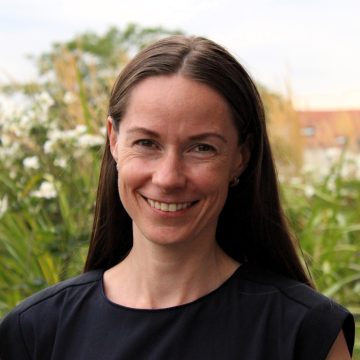How Public Investments in Childcare Mitigate Childbirth Effects on Employment Transitions by Skill Level in Europe
- Date:2025-12-21 - Type :ART
- Authors:Ilze Plavgo

Ilze Plavgo is Associate Professor of Economic Sociology, Public Policy, and Research Methodology at ESPOL since 2024. Before joining ESPOL, she was Junior Professor of Sociology of the Welfare State at the Faculty of Social Sciences at the University of Mannheim in Germany. Before that, she was a social and economic policy analyst at the UNICEF Office of Research-Innocenti, and a Research Fellow at the Department of Political and Social Sciences at the European University Institute.
Her research interests centre on poverty and inequality in educational and employment opportunities, and on how educational systems and welfare state policies interact in shaping these, in Europe and Africa. In her work she combines approaches from sociology, economics and public policy and uses statistical methods such as multilevel modelling and dynamic panel regressions. She is Project Director at the Mannheim Centre for European Social Research (MZES) leading a project "Inequality formation through parenthood transition and family policy constellations in Europe". She also works within an ongoing ERC-funded project “Wellbeing Returns to Social Investment Recalibration” at the European University Institute in which she studies the potential of social investment policies to smoothen life-course transitions and reduce poverty, social inequalities and skills shortages in Europe.
Ilze Plavgo is the Head of the Bachelor's in Philosophy, Politics and Economics (PPE) of ESPOL since November 2024. She teaches courses on methodology in social sciences, applied statistics, public policy, welfare state change and challenges, social and labour market inequalities, and poverty.